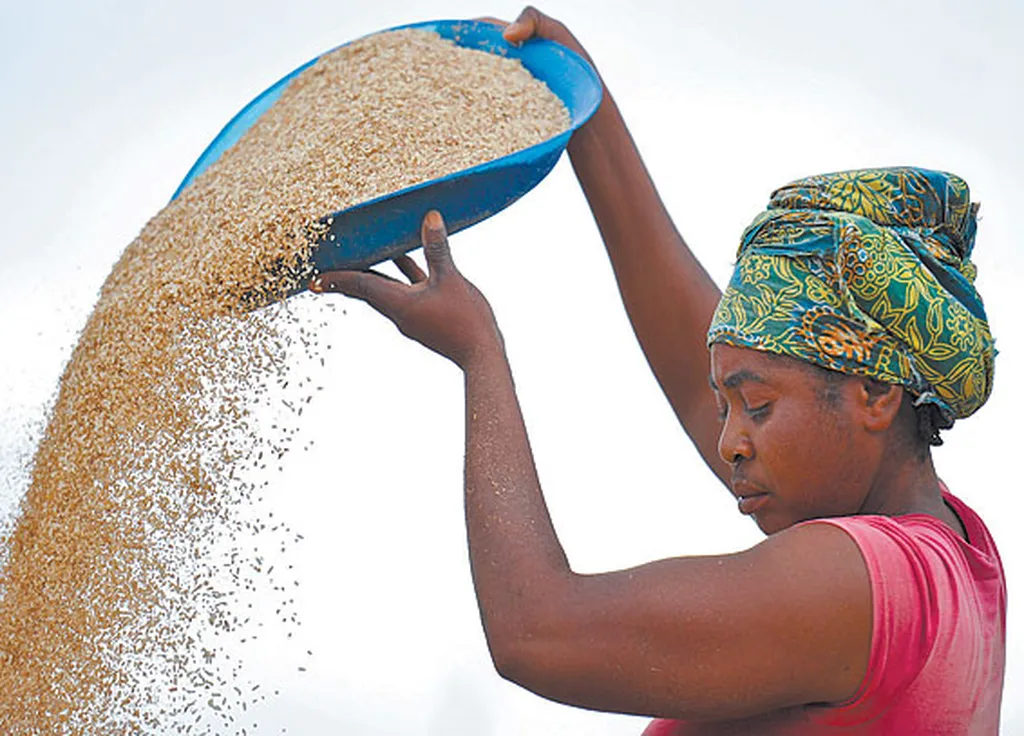In the heart of Nigeria’s Abia State, a quiet revolution is taking root among cassava farmers, one that could hold valuable lessons for the broader agricultural and energy sectors. A recent study led by J.O Oparaojiaku from the University of Nigeria, Nsukka, and published in the Journal of Agricultural Extension (which translates to ‘Journal of Agricultural Extension’ in English), has shed light on the adoption of climate-smart agricultural (CSA) practices among these farmers, offering insights that could resonate far beyond the fields of Abia State.
The study, which surveyed 158 cassava farmers, revealed that cooperative associations and neighbors and friends were the primary sources of information about CSA practices. This finding underscores the importance of community networks and peer-to-peer learning in driving agricultural innovation. “Farmers are not just adopting these practices in isolation; they’re learning from each other and from their communities,” Oparaojiaku noted.
The research also highlighted that farmers are increasingly using their previous experiences to predict climatic outcomes and are cultivating cover crops to retain soil moisture. These practices, which fall under weather-smart and water-smart agricultural approaches, are crucial for enhancing resilience in the face of climate change. Farmers’ positive perceptions of these approaches suggest a promising appetite for more climate-smart techniques.
The study identified several factors that significantly influence the adoption of CSA practices. These include the level of education, farm size, access to credit, and extension contacts. “Education and access to finance are key drivers of adoption,” Oparaojiaku explained. “When farmers are educated about the benefits of CSA and have the financial means to implement these practices, they are more likely to adopt them.”
The implications of this research extend beyond the agricultural sector. As the world grapples with the impacts of climate change, the energy sector is increasingly looking towards sustainable and resilient practices. The adoption of CSA practices among cassava farmers in Abia State offers a compelling case study in resilience and adaptation. It demonstrates how communities can leverage local knowledge and networks to drive innovation and mitigate the impacts of climate change.
Moreover, the study’s findings could shape future developments in agricultural extension services and rural development policies. By strengthening cooperative associations and extension services, and by promoting adult education, governments and non-governmental organizations can empower farmers to adopt more climate-smart practices. This, in turn, could enhance food security, boost rural incomes, and contribute to sustainable development.
As the world continues to search for solutions to the challenges posed by climate change, the experiences of cassava farmers in Abia State offer a beacon of hope and a testament to the power of community-driven innovation. The study by Oparaojiaku and his team serves as a reminder that the answers to some of our most pressing challenges may lie not in distant laboratories or boardrooms, but in the fields and communities where the impacts of climate change are felt most acutely.

